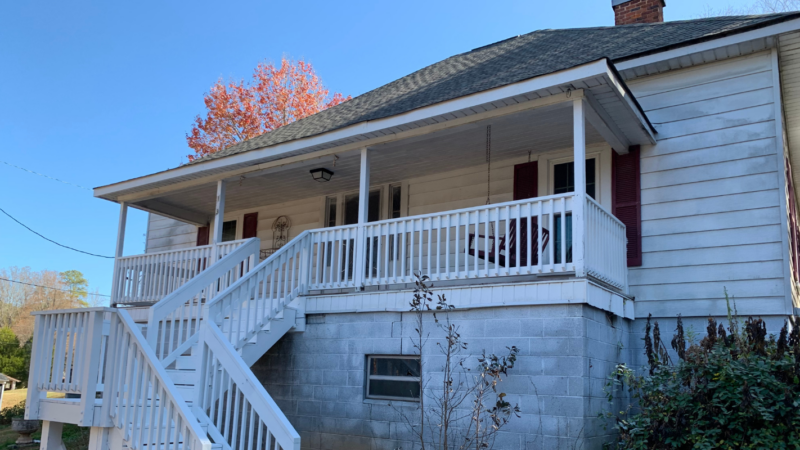May 1, 2024 | Kailey Truczinskas
what is an affordable housing crisis?
By the definition coined by the NCHC, 31% of Mecklenburg County residents and 24% of Iredell County residents are cost-burdened. That means nearly one-third of individuals living in our community are victims of the affordable housing crisis, and many more are affected by it in other ways.
An affordable housing crisis occurs when the demand for housing significantly outweighs the supply, causing prices to increase to a level that some residents cannot afford. As a result, the number of foreclosures increases, and the rate of homelessness rises. While people most affected by affordable housing crises are identified as low- to moderate-income households, affordable housing crises negatively impact everyone in the community.
The Charlotte local government estimates that to affordably live—that is, spend 30% or less of your paycheck on—in a two-bedroom apartment in Mecklenburg County, you need to have a household income of at least $46,040. For Iredell County, that number is $36,920.
Let’s break down the math. The minimum wage in North Carolina is $7.25 an hour. If you make minimum wage and work full-time—40 hours a week for 52 weeks a year with no vacation days or sick leave—you will make $15,080 before taxes. That’s barely enough to pay for the housing itself, much less food, utilities, medical expenses, clothing, and other expenses—not to mention additional costs for children and other family members (aging parents or grandparents) that may need to be cared for.
The NCHC estimates that on average, professionals in the food service, childcare, retail, nursing, and construction industries make less than is needed to rent a two bedroom apartment in either county. Even individuals with degrees and careers face difficulties with affordable housing when the prices rise high enough. The median salary for a teacher in Mecklenburg County falls just above that benchmark.






